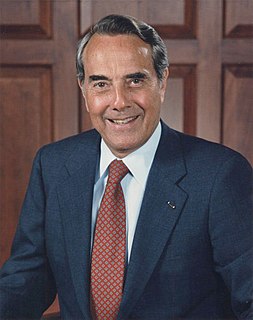A Quote by Kory Stamper
There's a measure of prescriptivism and descriptivism in every dictionary. Prescriptivism believes that the language should mirror the best practices of English, and editors are prescriptivist in so far as they don't want to let things they consider to be inelegant or ungrammatical into print.
Related Quotes
I have a funny relationship to language. When I came to California when I was three I spoke Urdu fluently and I didn't speak a word of English. Within a few months I lost all my Urdu and spoke only English and then I learned Urdu all over again when I was nine. Urdu is my first language but it's not as good as my English and it's sort of become my third language. English is my best language but was the second language I learned.
James Joyce's English was based on the rhythm of the Irish language. He wrote things that shocked English language speakers but he was thinking in Gaelic. I've sung songs that if they were in English, would have been banned too. The psyche of the Irish language is completely different to the English-speaking world.
I can hardly believe that I even know this, but I am aware that Noah Webster's original dictionary, apart from being the first truly American lexicography, was a kind of line in the sand. It claimed a very discrete, American form of the English language, explicitly to compare it to the English of our erstwhile colonial masters who had been operating under Dr. Johnson's dictionary rules for well over a century.
With all the divisive forces tearing at our country, we need the glue of language to help hold us together. If we want to ensure that all our children have the same opportunities in life, alternative language education should stop and English should be acknowledged once and for all as the official language of the United States.
Words fail me sometimes. I have read most every word in the Webster’s International Dictionary of the English Language, but I still have trouble making them come when I want them to. Right now I want a word that describes the feeling you get – a cold sick feeling deep down inside – when you know something is happening that will change you, and you don’t want it to, but you can’t stop it. And you know you will never be the same again.
The price a world language must be prepared to pay is submission to many different kinds of use. The African writer should aim to use English in a way that brings out his message best without altering the language to the extent that its value as a medium of international exchange will be lost. He should aim at fashioning out an English which is at once universal and able to carry his peculiar experience.
In a print interview, as you may or may not know, they [editors] can do whatever they want. And they do. This is why most people are more hesitant to do print, because they can change it, and they do change it. They even change things that are in quotation marks, which is a pet peeve of mine. I've said to numerous reporters, "Would you read me back my direct quotes?" And they always say no. They always say that's against the policy.
The revival of Hebrew, as a spoken language, is a fascinating story, which I'm afraid I cannot squeeze into a few sentences. But, let me give you a clue. Think about Elizabethan English, where the entire English language behaved pretty much like molten lava, like a volcano in mid-eruption. Modern Hebrew has some things in common with Elizabethan English. It is being reshaped and it's expanding very rapidly in various directions. This is not to say that every one of us Israeli writers is a William Shakespeare, but there is a certain similarity to Elizabethan English.































